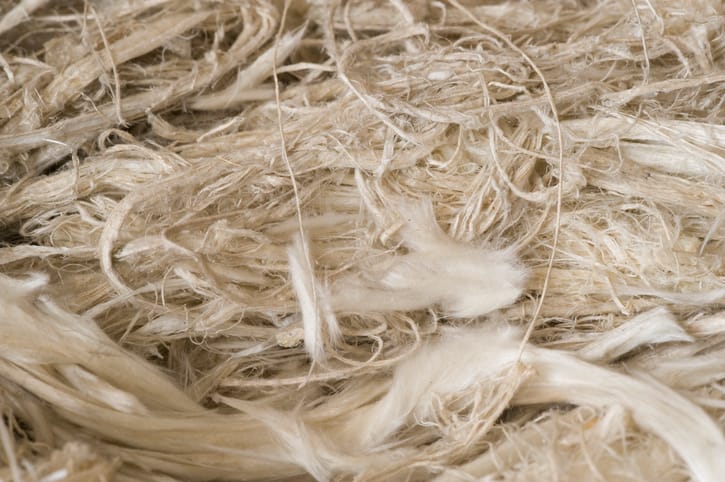Asbestos hardly needs an introduction, and by now most homeowners need not be schooled about the general dangers of breathing and disturbing asbestos fibres. If you are in an older home, asbestos will be found in products that range from furnace and hot water pipe insulation to floor tiles. The recommendation is to leave the place and avoid disturbing it or have a professional asbestos insulation removal company handle your situation if removal is unavoidable.
Asbestos can also be found in close fill insulation, as well as wall insulation. You don’t need to worry if your insulation is in batt form, the type of insulation that has high risks is loose-fill insulation that is poured loosely into joist or wall stud cavities. If you check beneath the attic floorboards or inside your walls, you will find thousands of loose particles. This is the type of insulation that poses a huge risk.
So how will you be able to identify if your attic insulation is asbestos?
Vermiculite attic insulation
This is the main source of concern when it comes to asbestos dangers. Homeowners need to note that asbestos is not in every brand. Its also important to know that vermiculite insulation is not dangerous, being a pellet style mineral that expands in high temperatures. In addition to building insulation, vermiculite is commonly used with gardening when it comes to loosening soil.
Homeowners should be more watchful of vermiculite insulation that was mined in Montana (US) by the Libby company. It was sold under the brand Zonolite, for about 70 years. Since Zonolite is contaminated with tremolite, it’s a health concern. Tremolite has similarities to asbestos.
Loose fill insulation could have asbestos
In case your home was constructed before 1990, it could have been built using insulation containing asbestos. The Libby mine was closed in 1990. In case your home was constructed after, then it does reduce your chance of containing asbestos in the insulation. However, there could still be a chance of overstock.
Does your Loose Fill feel soft, Gray or lack shine?
In case this sounds like what you have, then you likely have cellulose insulation. It contains a higher amount of recycled paper and has no minerals. If a close inspection indicates this puffy gray material lacks no minerals but appears like gray shredded paper, it means that your cellulose insulation doesn’t have asbestos and is safe for insulation into your attic.
Loose Fill Puffy, Gray and Fibrous
If your insulation sounds like this, it is likely to have Rockwool which is a mineral based loose fill. This kind of insulation is normally found in fibre bundles and has a cotton style look. Rock wool is normally in the form of a brownish white, white or off-white look. It is fabricated from belted basaltic rock and dolomite with binder being added. The raw materials often get exposed to temperatures as high as 2,750 Fahrenheit forcing it to melt. Then, its fibres are spun from this molten, material. Similar to fibreglass, it needs to be handled with a lot of care since it is known to cause cancer.
In case you suspect that your wall of attic insulation has the visual aspects that we have explained, you can verify if they have asbestos by using a DIY asbestos testing kit. However, it is advisable to consult a professional. You can get an asbestos testing kit from your local convenience store for about $50.
If you find your insulation has asbestos, locate a professional who is capable of handling asbestos removal to do the job for you. While asbestos removal is expensive, if left it could cause serious health related issues for you and those living within your home.

